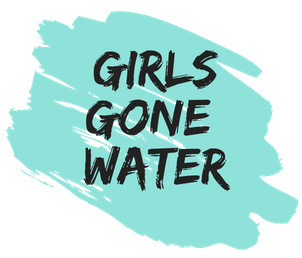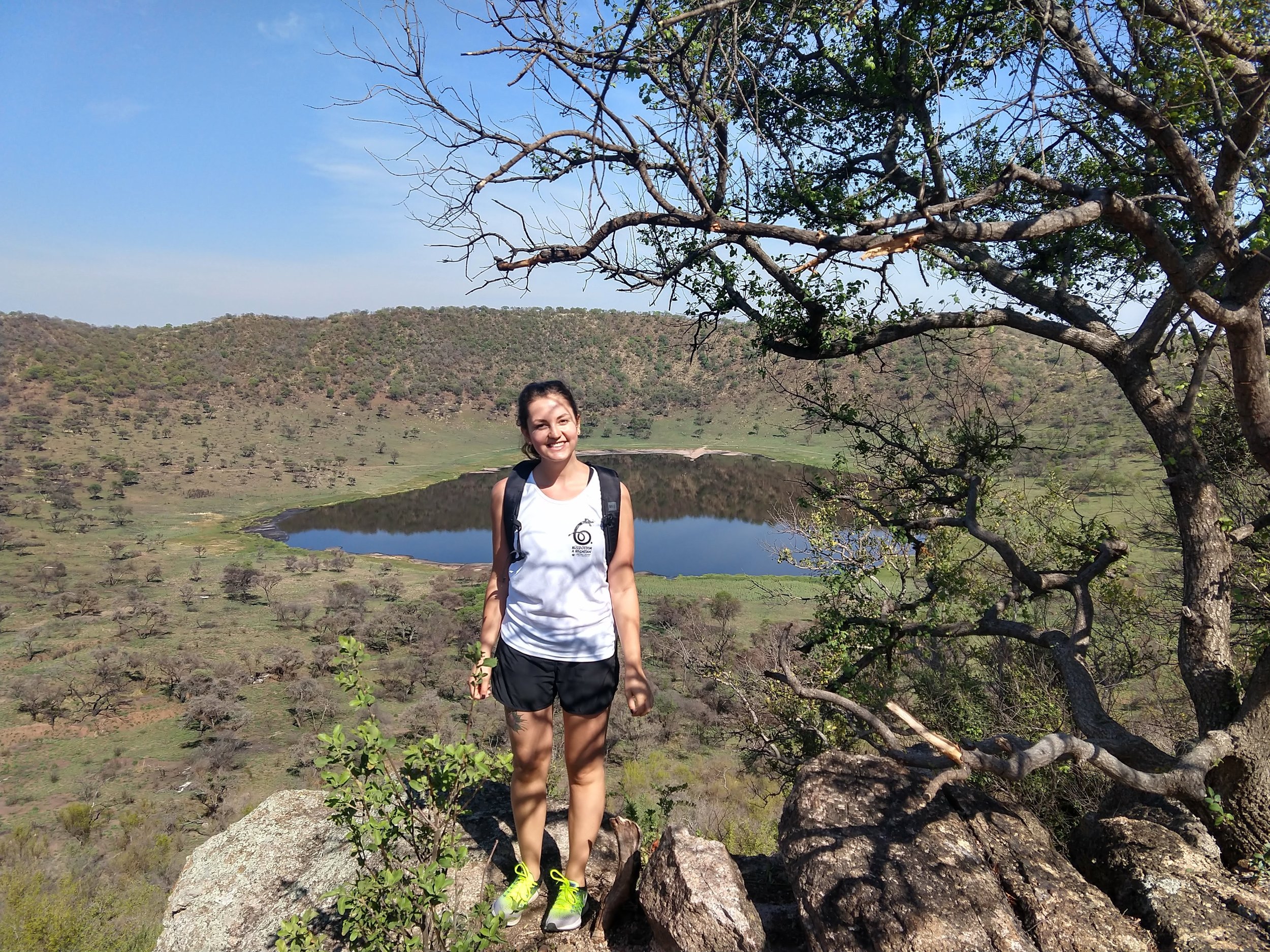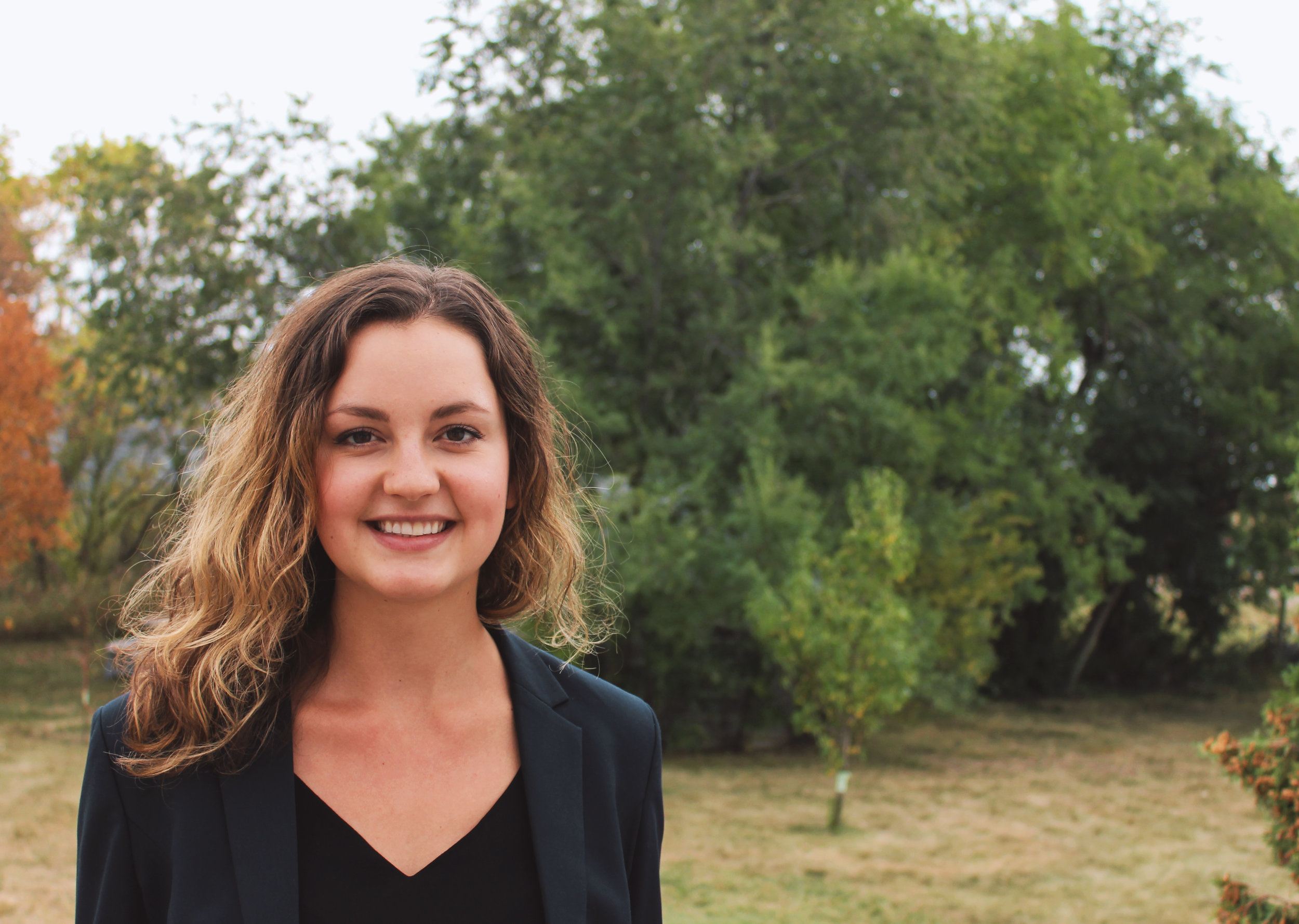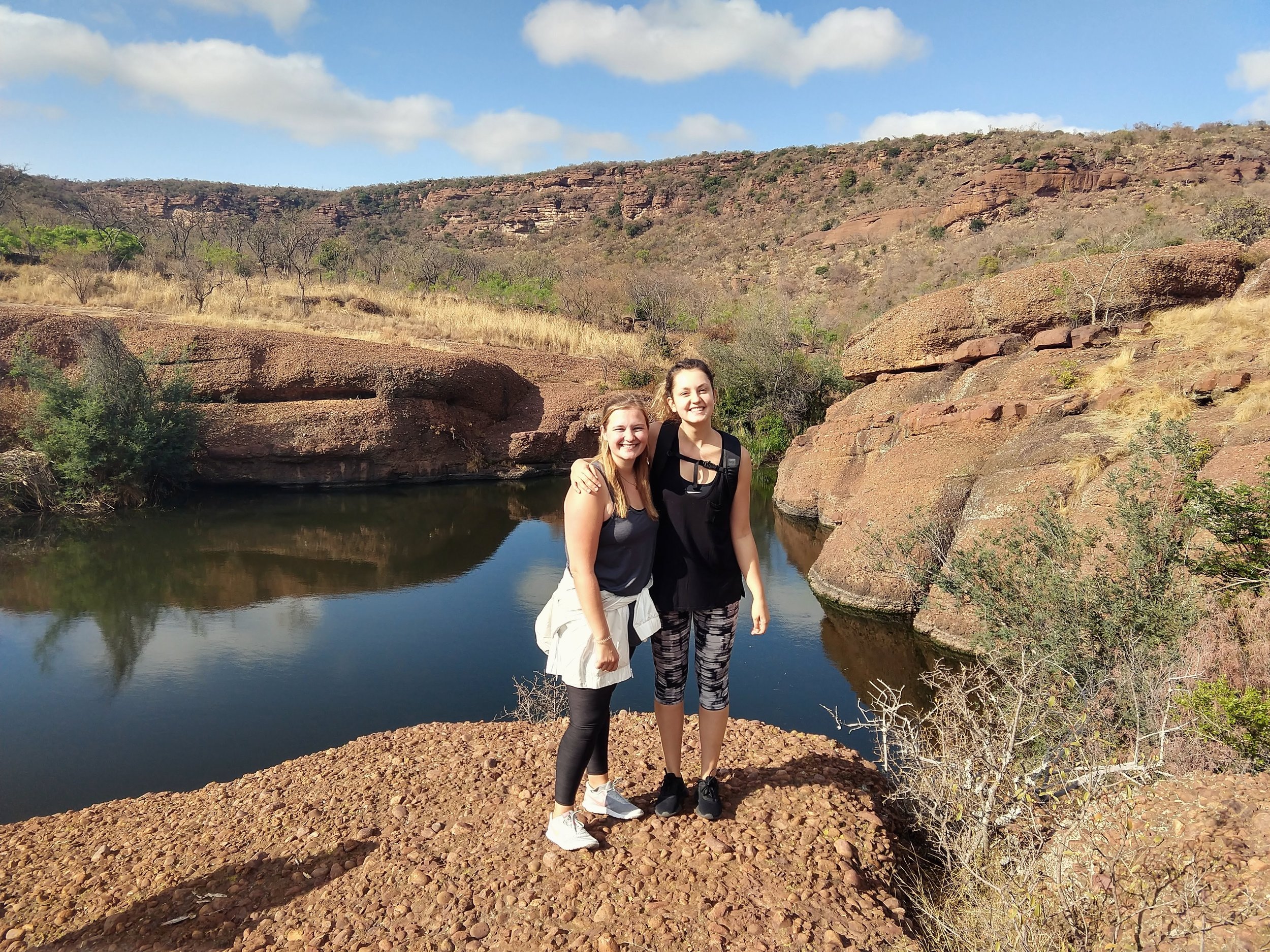Anita Lazurko
water management & sustainability Consultant
As a young civil engineering student, Anita Lazurko undertook a summer fellowship with Engineers Without Borders that fundamentally shifted her focus away from technology-based solutions for water issues toward more holistic approaches to sustainable development. In a rural district of Malawi, she grappled with the interdisciplinarity and complexity of water management as she worked with government officers on community-based rural water management. This led to Anita’s Master’s degree, where she researched the climate and socio-economic uncertainties of large-scale water infrastructure decisions in a transboundary river basin in southern Africa. Now, Anita consults on a project with the governments of Malawi and Mozambique, as they plan how they will manage surface water and groundwater reserves in a region with extreme flooding, water quality challenges, climate variability, and demographic change.
Anita’s work is fun, but it also brings some challenges into view. For example, it’s important to include diverse perspectives when making big decisions about infrastructure and policy, but it’s also important to maintain a high standard of scalable solutions in the face of urgent challenges like climate change. She elaborates: “We all see water as a critical resource – we need it to survive! But the way I might intuitively understand the value of water and seek solutions is very different to a mine manager in India, someone collecting water from a borehole in rural Malawi, or an engineering professor in Colombia.” Anita believes it’s important to incorporate these diverse understandings without defaulting our ambitions for solutions to the lowest common denominator.
“I believe that one of the most important solutions to our water issues is instilling a sense of global citizenship, empathy and accountability in all of us, and allowing that to guide our actions.”
Anita references Shine Theory (“I don’t shine if you don’t shine”) when discussing how we can progress toward a more just and sustainable water future by highlighting the professional efforts of women in the water sector. In addition, she explains that “water crises around the world tend to have a disproportionate impact on women, so lifting the voices of women in the water sector will always be important.”
Anita is optimistic about the myriad of concepts and tools that are driving collaboration across sectors and communities as well as helping us respond to the complexity of water challenges. But she is also keen to see where a sense of global citizenship can take us. Anita has recently started an online community for people who, like her, advocate for reading and dialogue as a way to broaden perspectives and build a sense of global citizenship. She explains, “I believe that one of the most important solutions to our water issues is instilling a sense of global citizenship, empathy and accountability in all of us, and allowing that to guide our actions.”






